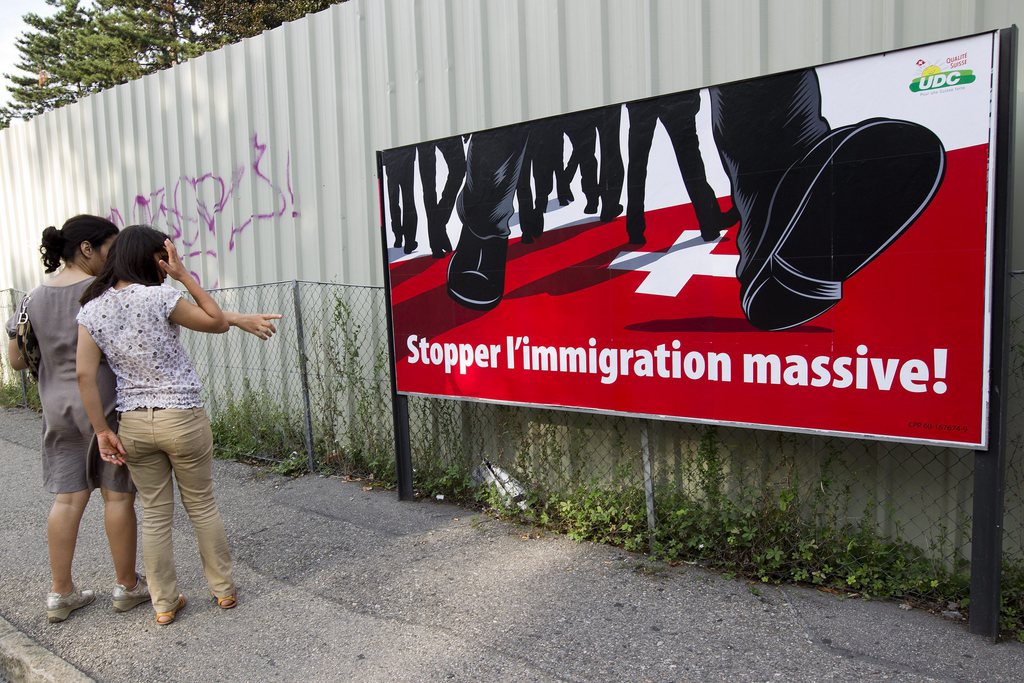Croatia to benefit from Swiss-EU labour deal

The Swiss government proposes extending a labour accord with the European Union to its latest member state Croatia. It will take up to ten years to take effect if parliament and voters approve the treaty.
Under an agreement, Switzerland can impose restrictions and set quotas for up to a decade after the accord has officially been implemented.
In July, Croatia became the latest country to join the 28-member bloc, which does not include Switzerland. However, in 2000 Swiss voters approved an accord on the free movement of labour with the 15-member EU at the time. It has since been extended twice, notably to states in eastern Europe.
Justice Minister Simonetta Sommaruga said five rounds of negotiations with Brussels had resulted in an accord on Croatia, including a transitional phase and slight technical amendments.
“The cabinet has reached its goal,” Sommaruga told a news conference on Wednesday.
She added that the agreement helped boost relations with the state in southeastern Europe – Switzerland’s second-largest trading partner in the region.
Sommaruga warned that refusal to adopt the deal could prompt the EU to suspend a series of other bilateral treaties with Switzerland. The EU is Switzerland’s main trading partner.

More
Foreigners in Switzerland
Consultation and votes
The proposals will now be put to consultation among political parties, cantons, organisations and institutions until the end November, before the cabinet presents its official draft to parliament.
Depending on its decision and the timetable, the issue could be put to a nationwide vote in 2015 at the earliest.
The rightwing Swiss People’s Party with its traditional anti-foreigner agenda has already announced it will reject the extension of the labour accord to Croatia.
The party has collected signatures for an initiative calling for a re-introduction of annual quotas for immigration in general. A separate initiative aimed at restricting the number of immigrants is also pending.
The centre-left Social Democratic Party made its support of the Croatia agreement depended on government measures to protect employees from low salaries and increased transparency on the housing market.
Enlargement contribution
The Swiss government last April also proposed contributing about CHF45 million ($48.9 million) to Croatia to tackle social and economic disparities between affluent and poorer countries within the EU.
Sommaruga stressed the financial payments are voluntary and not part of negotiations.
Switzerland has also allocated a total of CHF1.26 billion in “enlargement contributions” mostly to eastern European countries, including Poland, the Czech Republic, and Hungary.
The foreign ministry in January said it expected Romania and Bulgaria to call for an additional payment from Switzerland.

In compliance with the JTI standards
More: SWI swissinfo.ch certified by the Journalism Trust Initiative














You can find an overview of ongoing debates with our journalists here . Please join us!
If you want to start a conversation about a topic raised in this article or want to report factual errors, email us at english@swissinfo.ch.